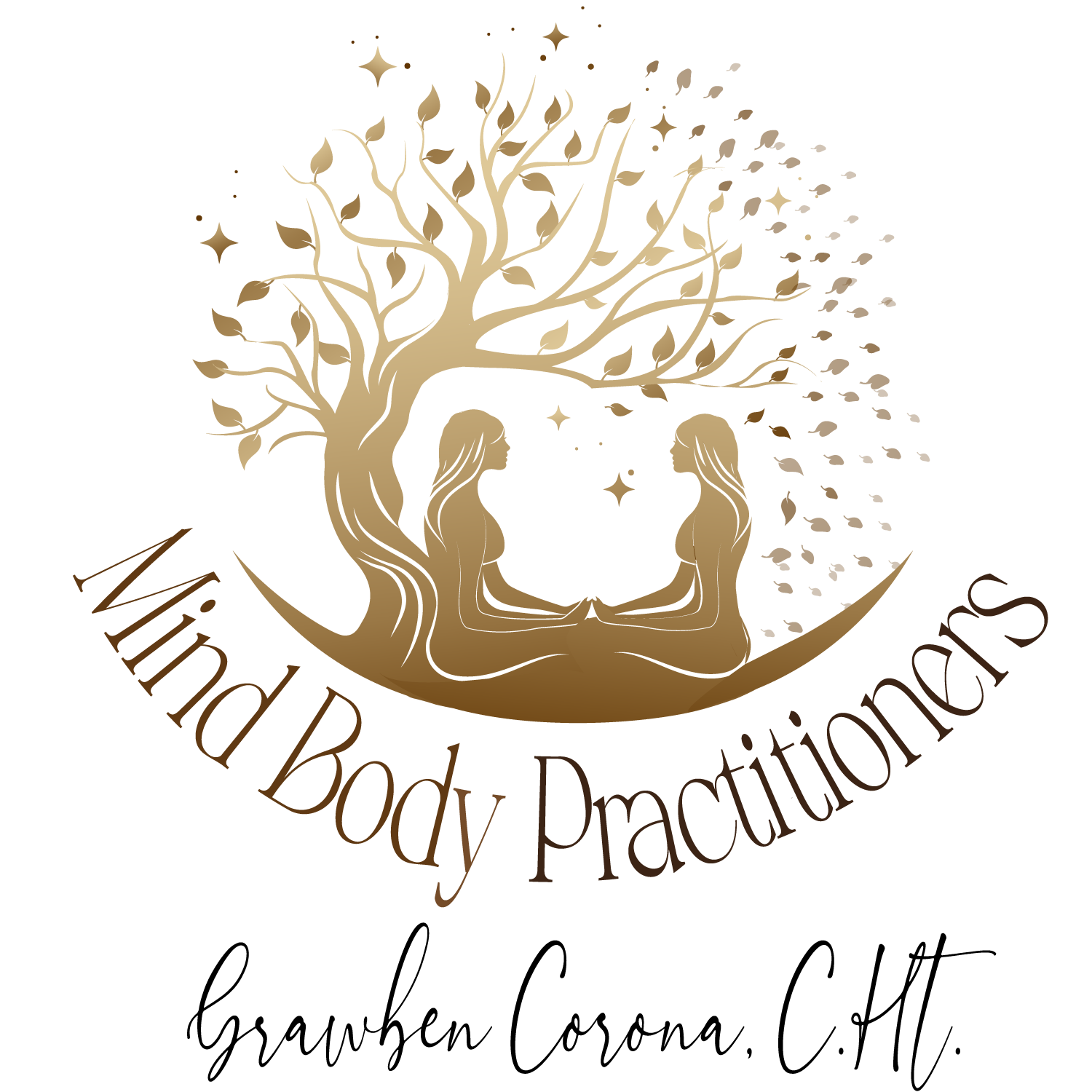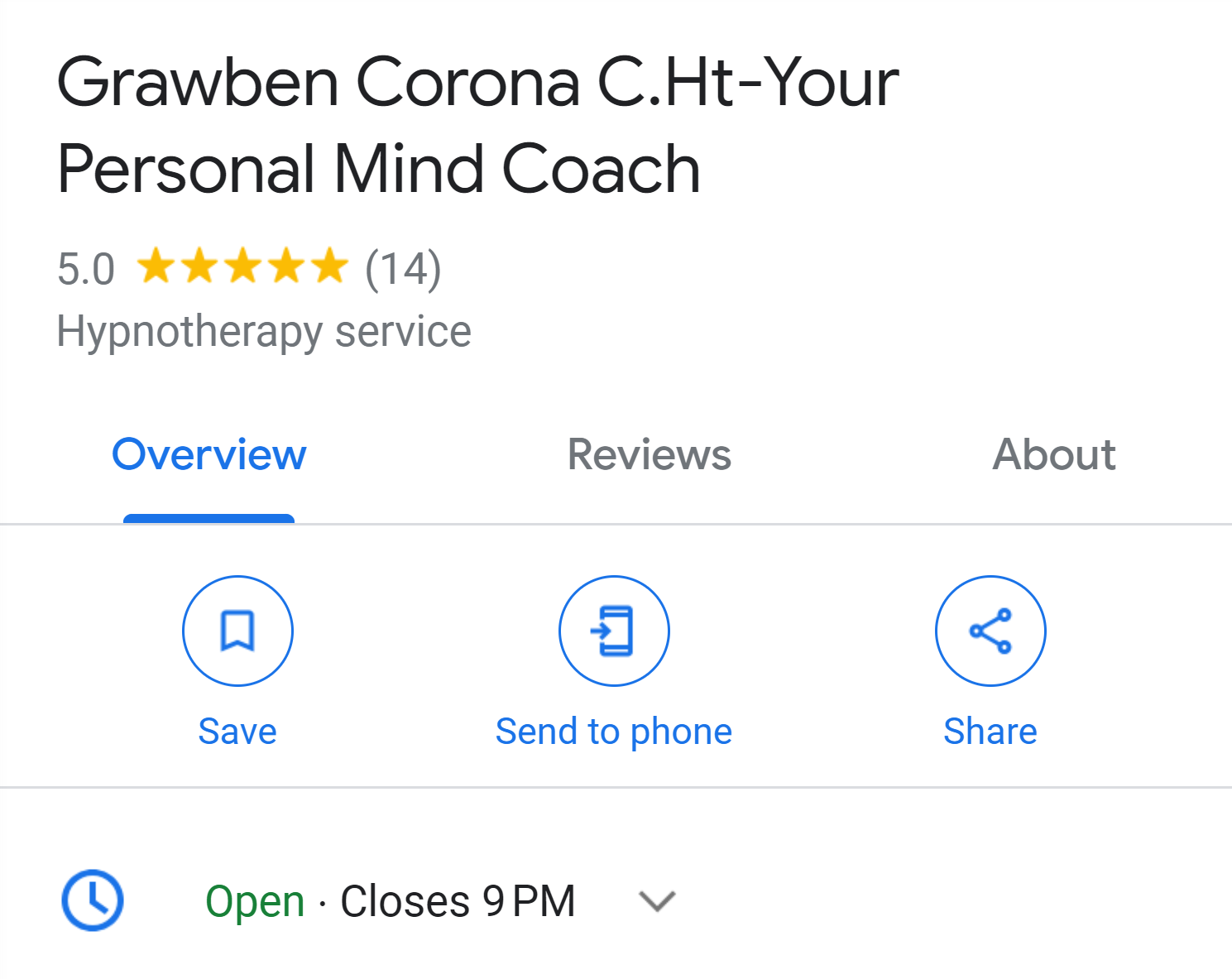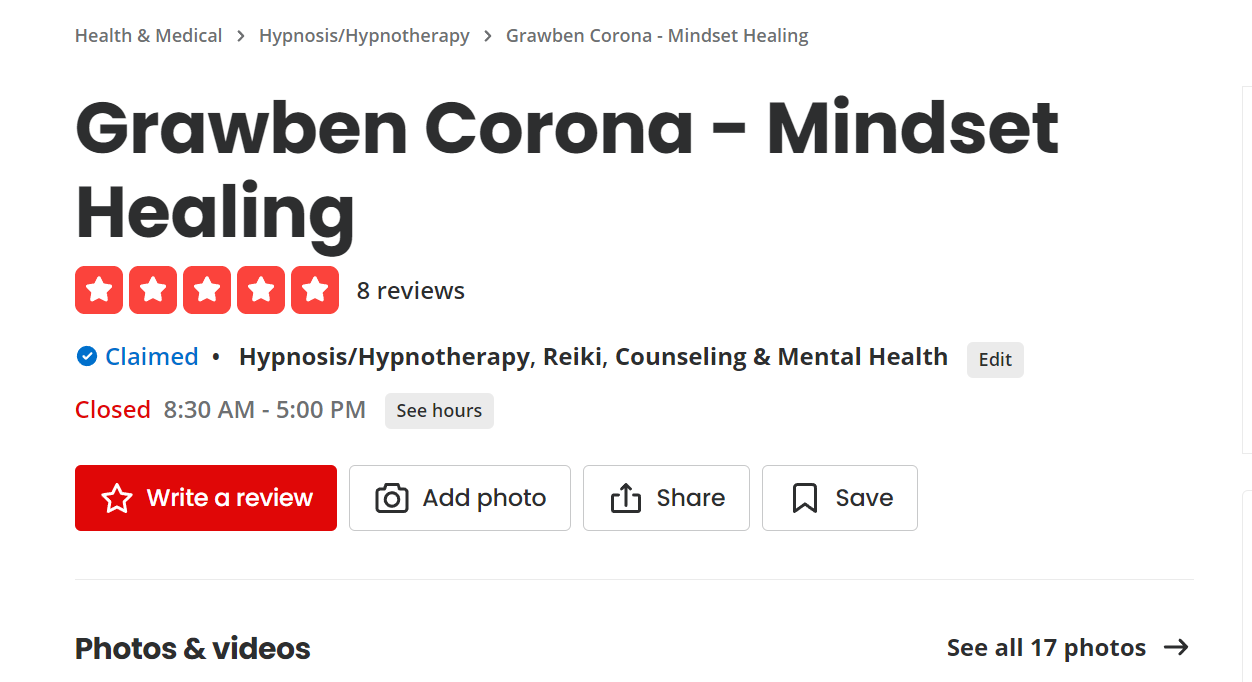
Hypnosis for Autism & ADD
Children and Adults
One of the fastest growing areas of concern for parents and educators today. Children and adults struggling with issues of Sustained Mental Effort can greatly benefits from the wonders of hypnotherapy.




Here are some of the areas that can be addressed:
1. Parent Training
Hypnosis can be a valuable tool in parent training, especially for parents dealing with children diagnosed with Autism and ADD. Parents can learn hypnosis techniques to help manage their child’s behaviors, reducing stress and promoting more harmonious family dynamics. Hypnosis can also provide parents with strategies to help their children manage their own emotions, enhancing their ability to cope with challenging situations.
2. Executive Function
Hypnosis has been found to help improve executive function in individuals with Autism and ADD. This includes improving working memory, flexible thinking, and self-control, all of which can be challenging for these individuals. Through visualization and relaxation techniques, hypnosis can help enhance cognitive control and problem-solving abilities, leading to better decision-making and planning.
3. Concentration and Focus
Concentration and focus are often significant challenges for individuals with Autism and ADD. Hypnosis can help by teaching relaxation techniques and guided imagery that can aid in reducing distractions and improving focus. Over time, this can lead to improved attention span and a greater ability to concentrate on tasks.
4. Beginning, Executing, and Completing Tasks
Hypnosis can assist in overcoming procrastination and task avoidance, common issues for people with Autism and ADD. By encouraging a positive mindset and boosting self-confidence, hypnosis can motivate individuals to start, work through, and complete tasks more effectively.
5. Self-regulation
Self-regulation, the ability to manage emotions and behavior, is often challenging for individuals with Autism and ADD. Hypnosis can provide tools for better self-regulation by teaching relaxation and self-soothing techniques. These techniques can help manage emotional outbursts and promote a more balanced mood.
6. Impulse Control
Impulse control is a common issue for those diagnosed with Autism and ADD. Hypnosis can help improve impulse control by teaching techniques for managing anxiety and promoting relaxation. With the use of hypnosis, individuals can learn to pause, think, and then react, rather than impulsively responding to situations.
7. Classroom, Work, and Home Behavioral Problems
Behavioral problems in various environments can be significantly reduced with the use of hypnosis. Techniques learned can be applied to manage behavioral issues, reduce anxiety, and promote a positive attitude. Hypnosis can also provide individuals with strategies to manage their reactions to stressful situations, leading to improved behavior at home, school, or work.
8. Peer Relationships
Hypnosis can improve social skills, an area often challenging for individuals with Autism and ADD. Through hypnosis, individuals can learn techniques to manage social anxiety, understand social cues better, and build stronger, healthier relationships with peers.
9. Bed Wetting
Bed wetting is a common issue among children with Autism and ADD, often persisting into adolescence and adulthood. Hypnosis can address this problem by helping individuals gain control over their bodily functions. This is achieved through relaxation techniques and guided imagery, promoting a mind-body connection.
10. Stuttering
Stuttering, while not specific to Autism and ADD, can be an associated symptom. Hypnosis can help manage this issue by promoting relaxation and reducing performance anxiety. Techniques learned can improve speech fluency, boost self-confidence, and reduce the fear associated with speaking.

Harnessing the Power of Hypnosis in Autism Spectrum Disorders
Individuals with autism Spectrum Disorder (ASD) may find exceptional value in an often-overlooked therapeutic method – hypnotherapy. ASD, encompassing a wide range of conditions characterized by challenges with social skills, repetitive behaviors, speech, and nonverbal communication, affects the lives of many children and adults in varying degrees.
To provide a more personal viewpoint, consider the words of Temple Grandin, Ph.D., an esteemed academic and an ASD adult who transcended the challenges of her condition:
“Many people with autism are visual thinkers. I think in pictures. I do not think in language. All my thoughts are like videotapes running in my imagination. Pictures are my first language, and words are my second language.”
As an experienced behavioral therapist, I have worked with ASD children and adults over the past decade, ranging from 2-year-olds to those in their mid-20s. This first-hand experience has illuminated the unique ways in which ASD individuals process information, markedly distinct from typically functioning children or adults.
Here’s How It Works…
1.
Submit the Form
Complete the form below to learn about your needs.
2.
Book a Free Call
Select a time in the calendar to speak with me.
3.
Start Healing
Once we determine we are the right fit, let's book an initial session and start your healing journey.
My Practice
Make an Appointment
Start your healing journey today !
Open Hours
Monday – Friday: 9 am – 5 pm
Saturday: 10 am – 1 pm


